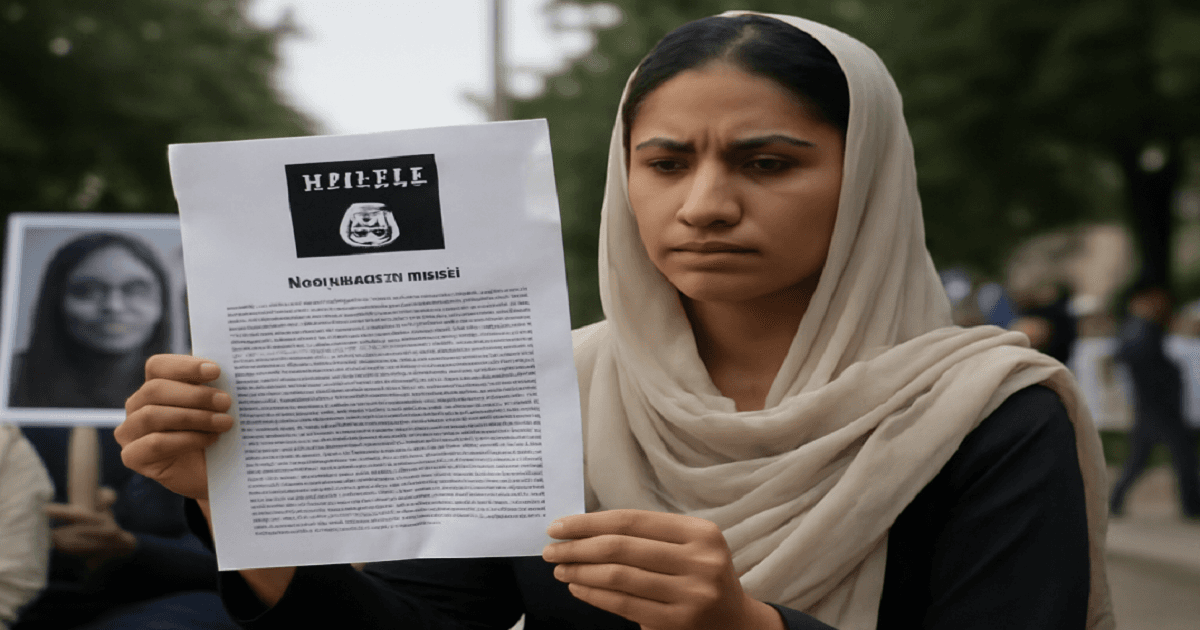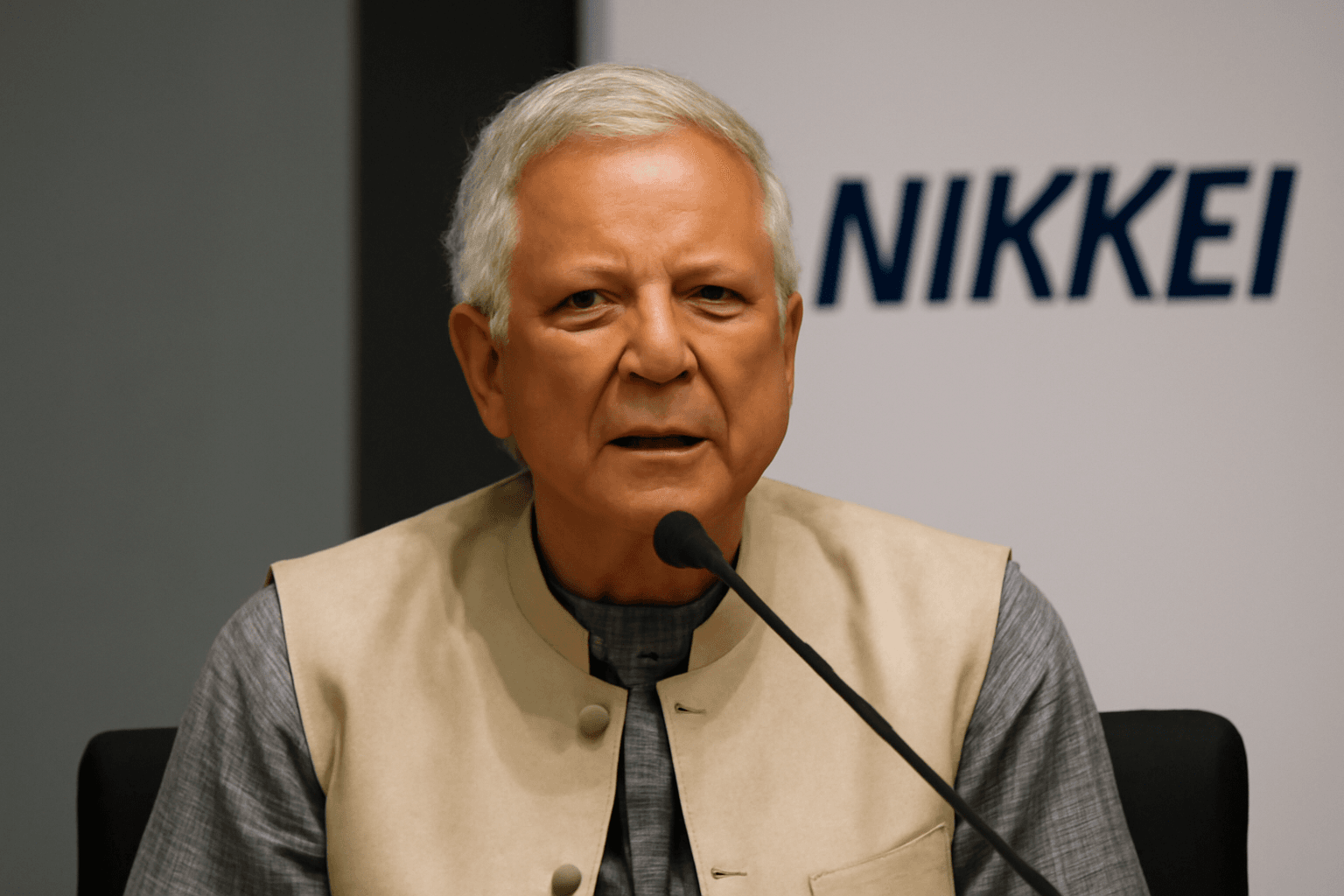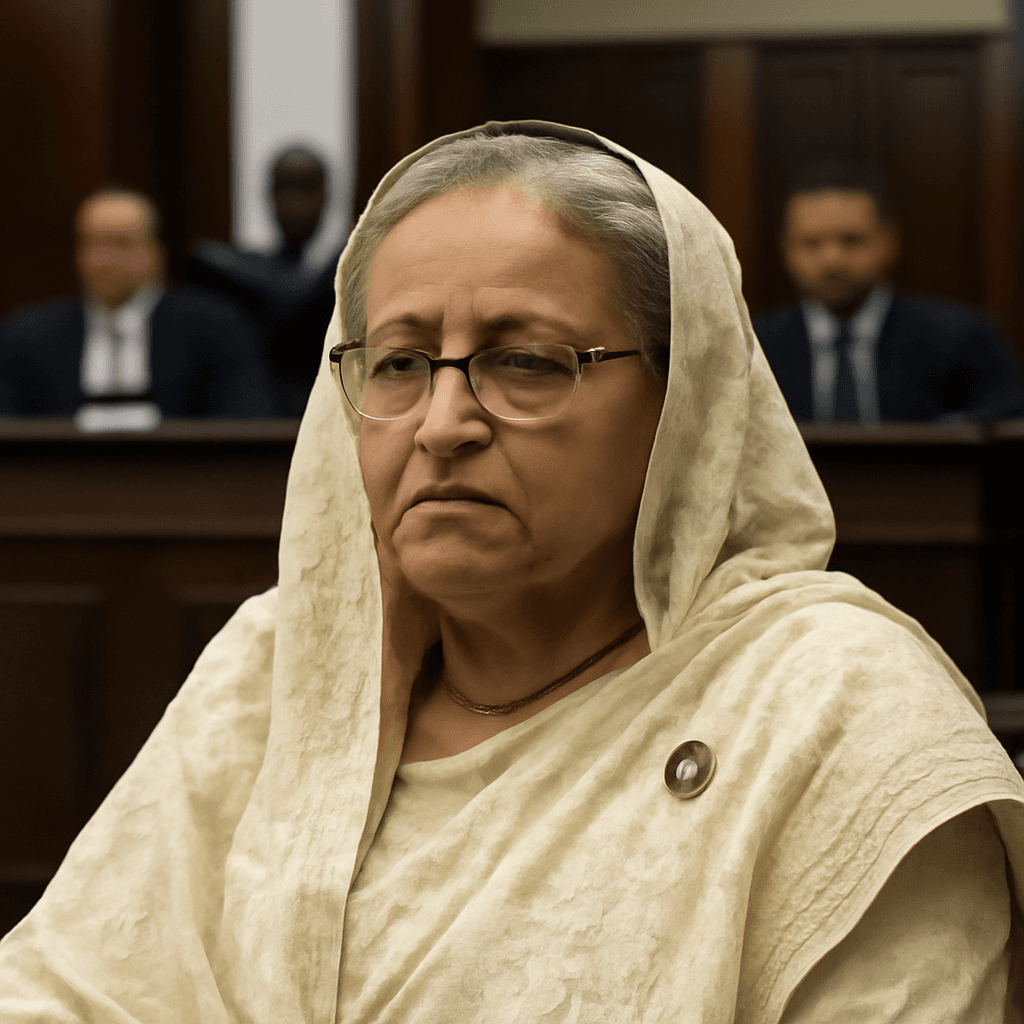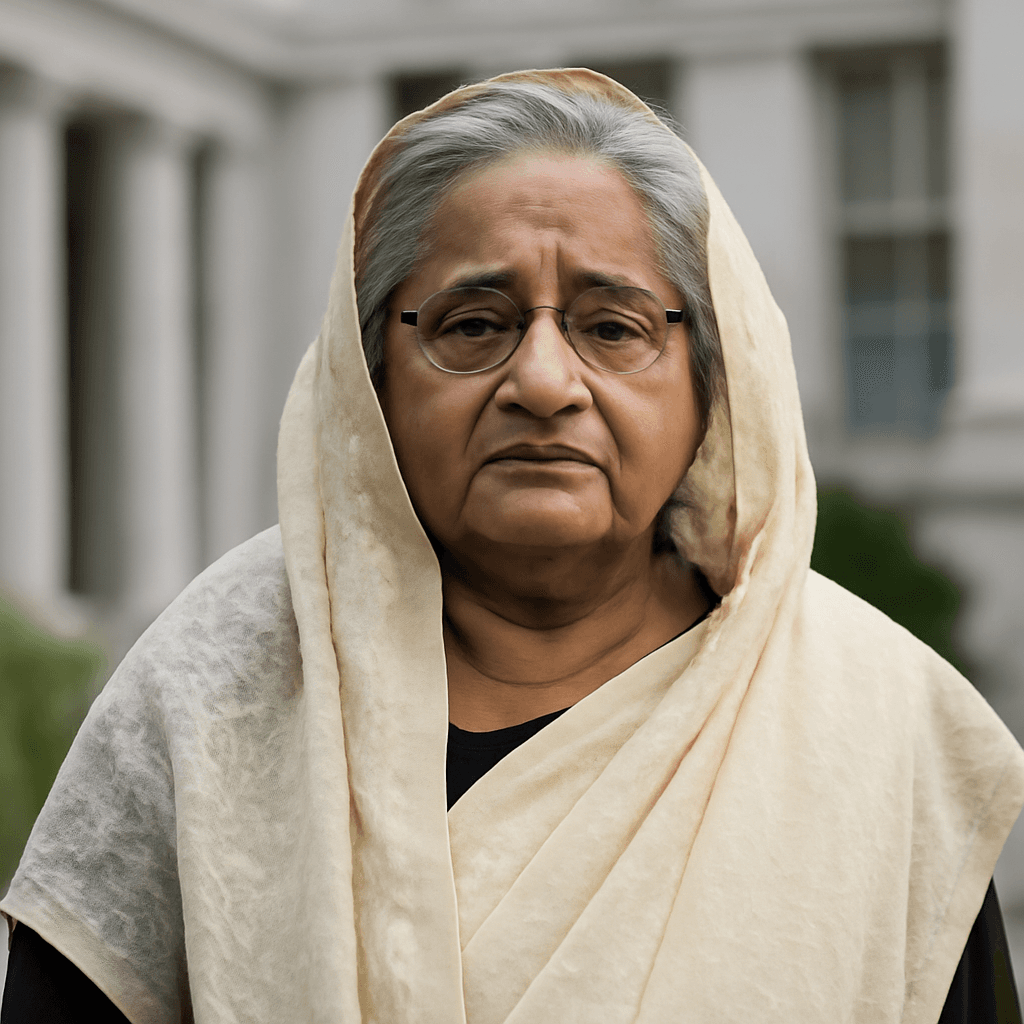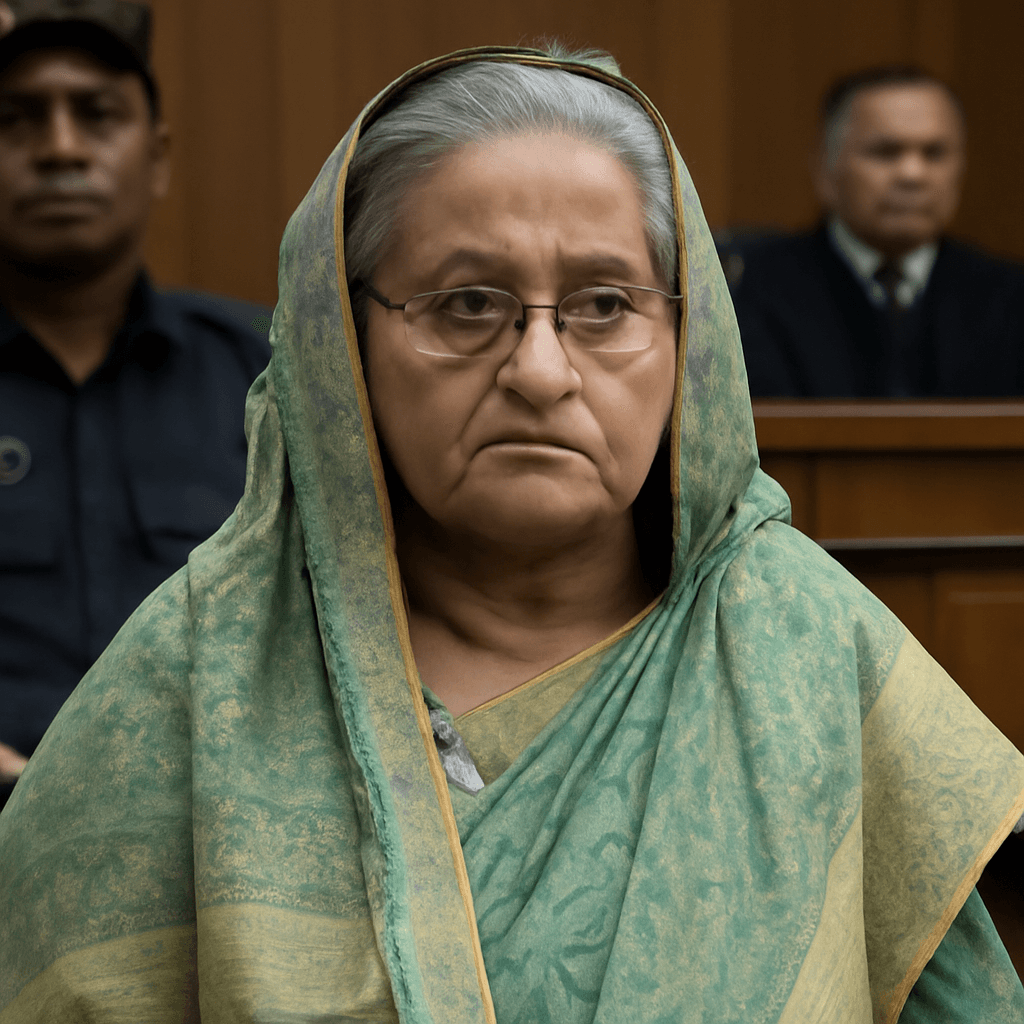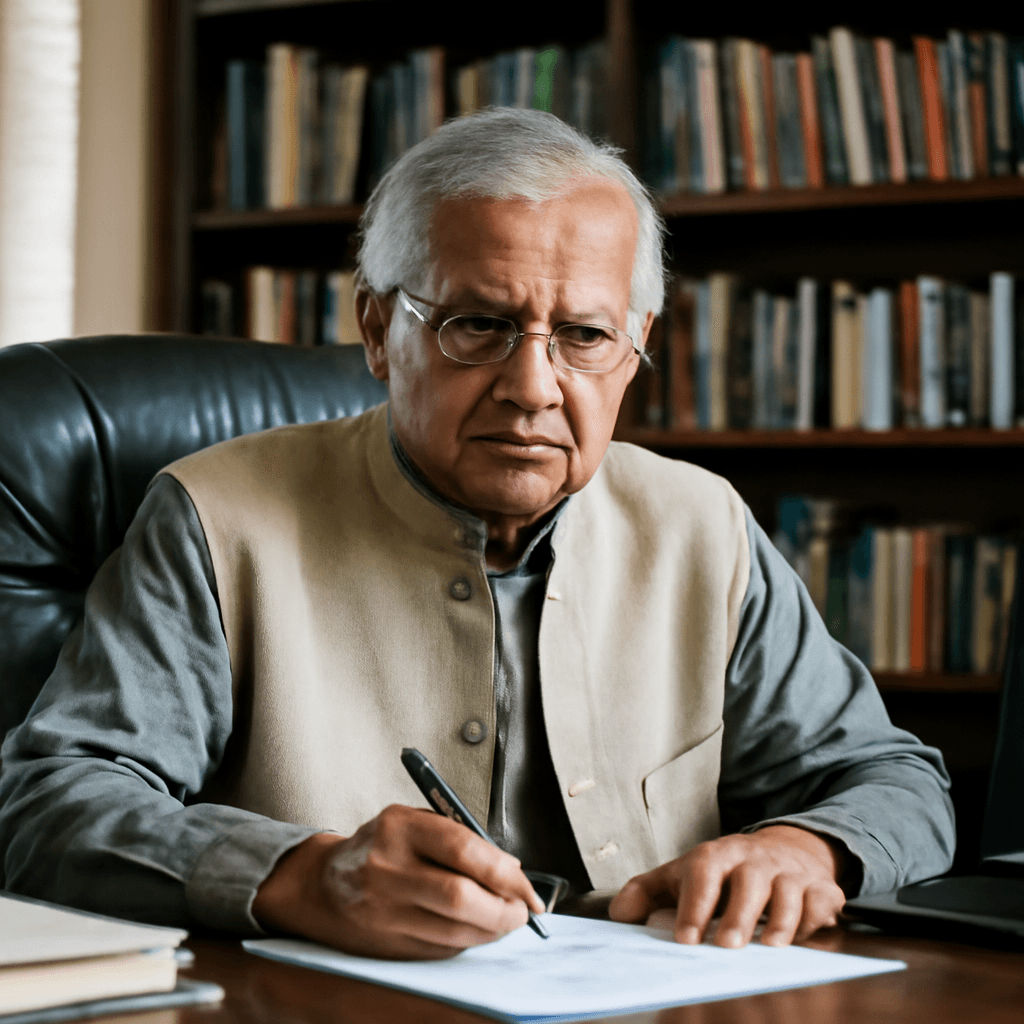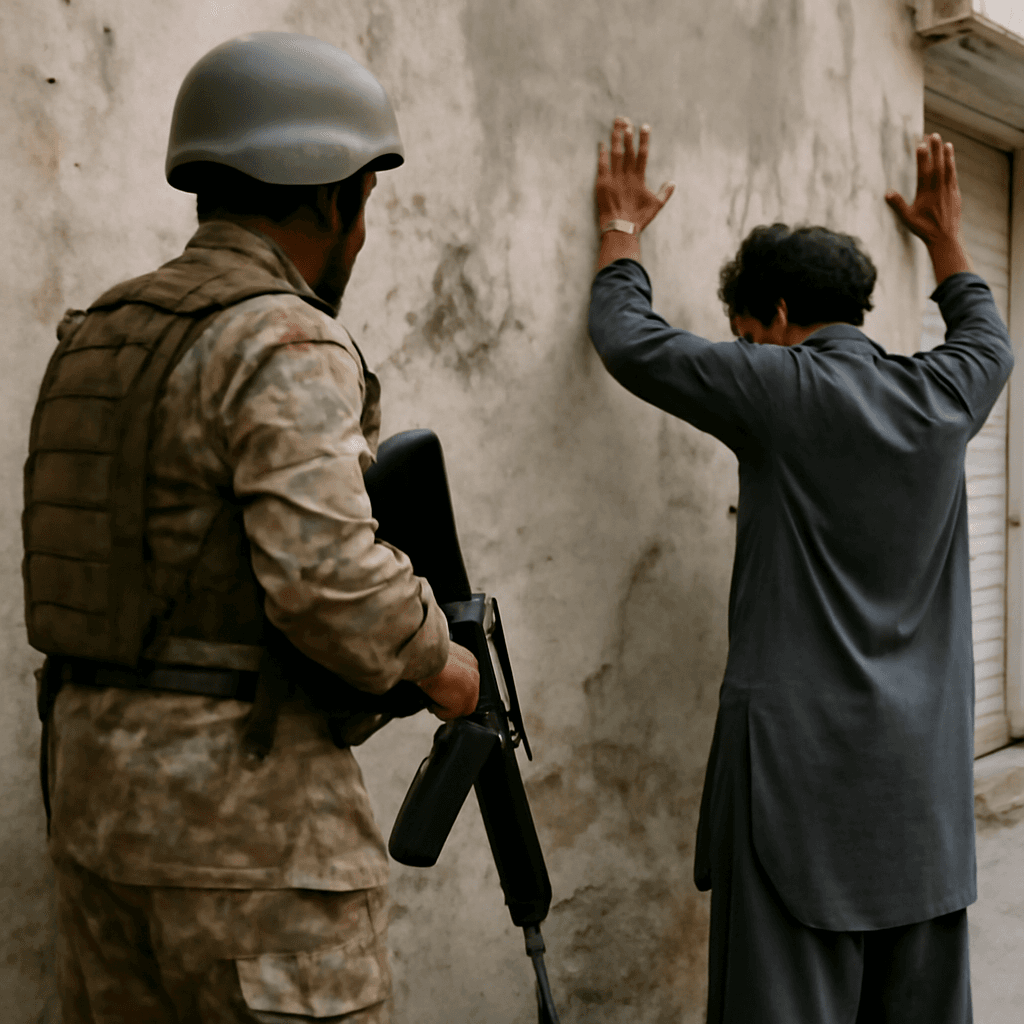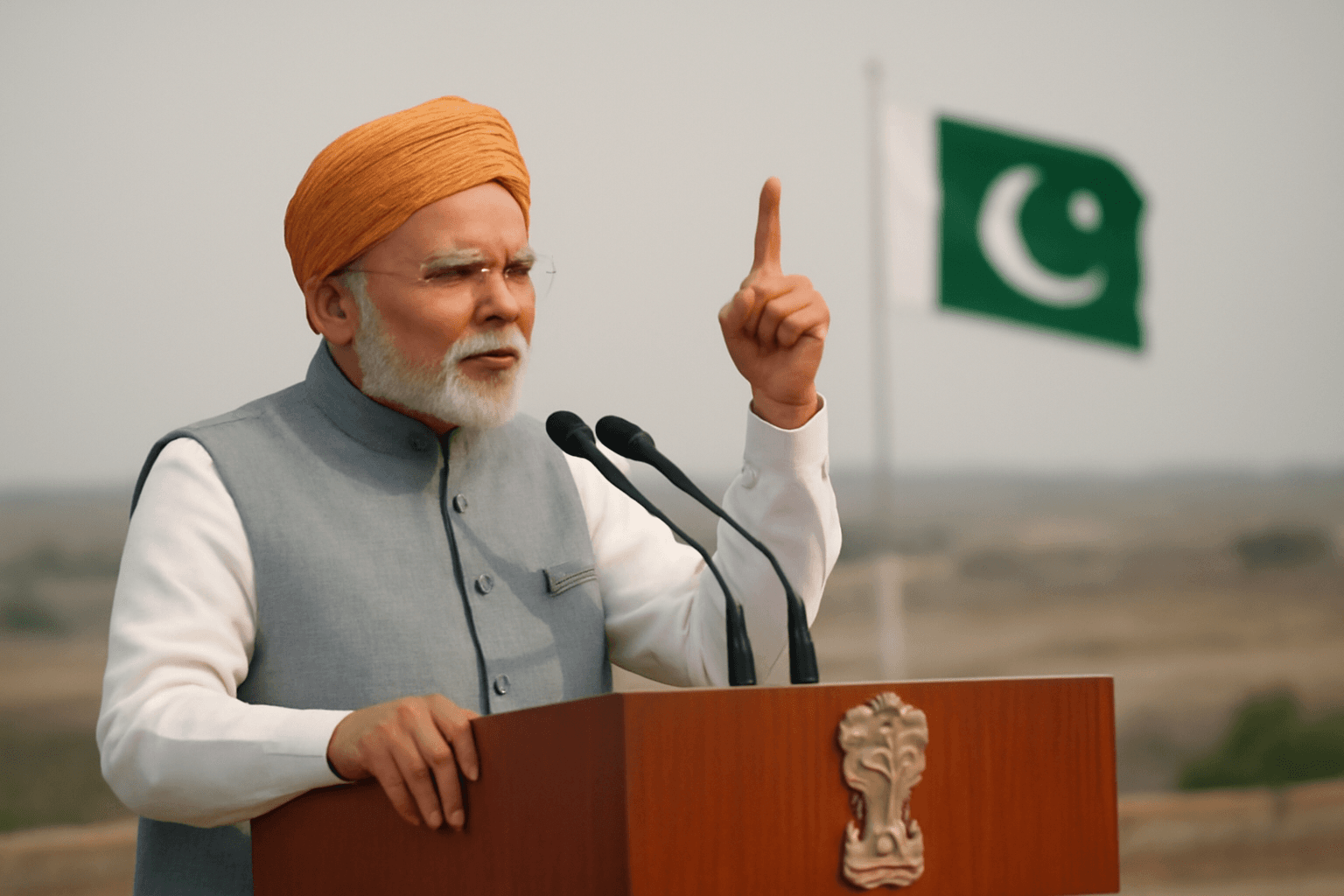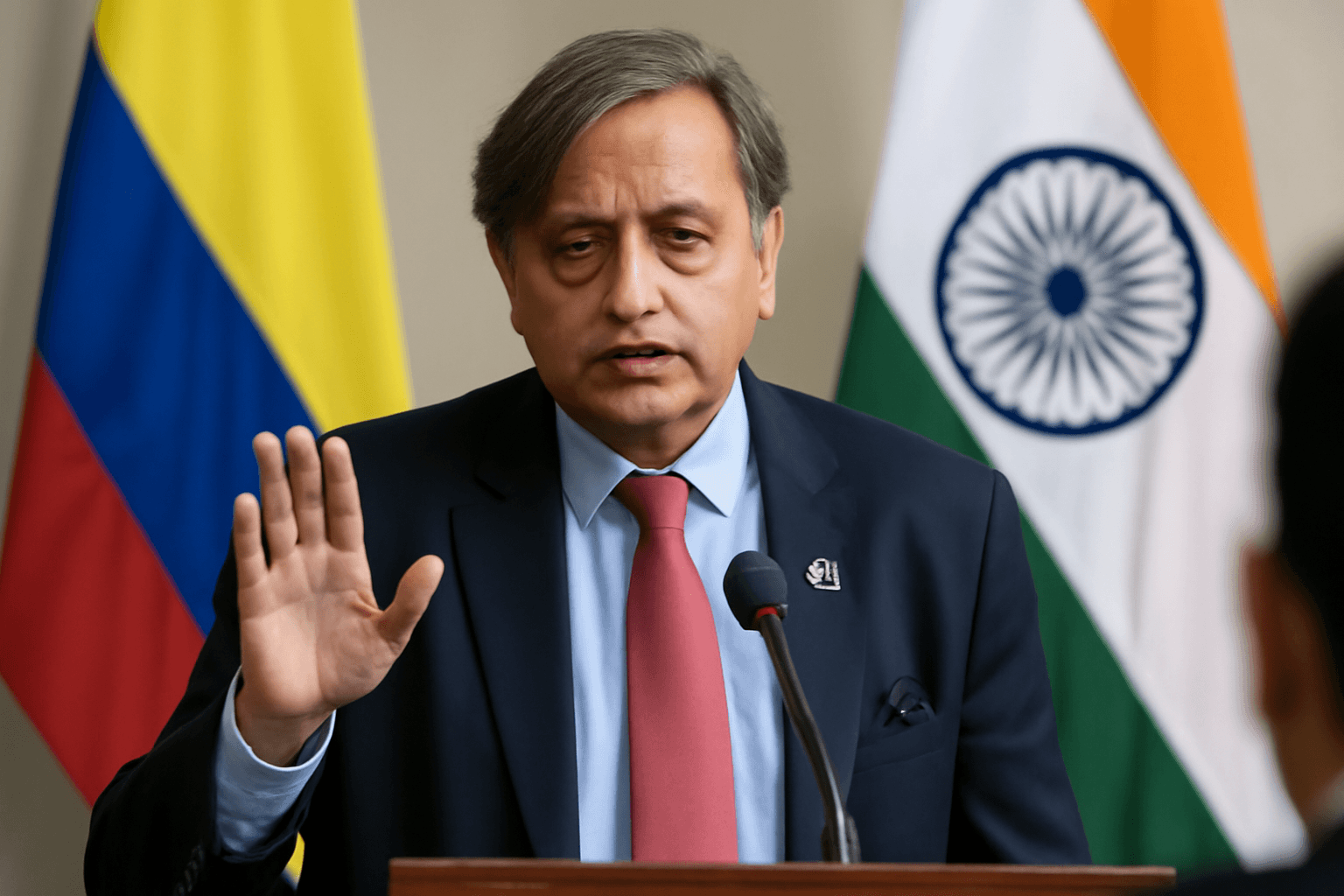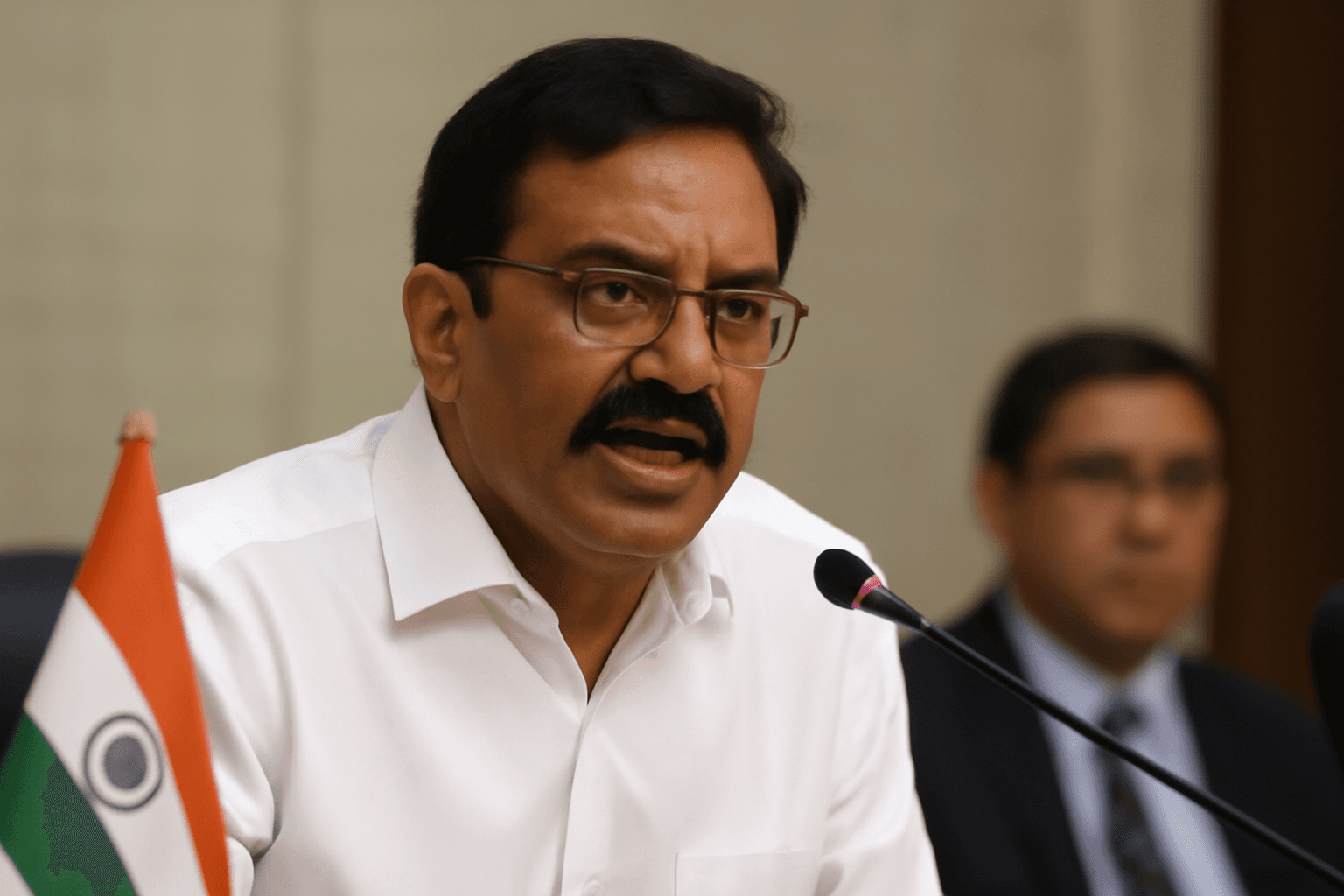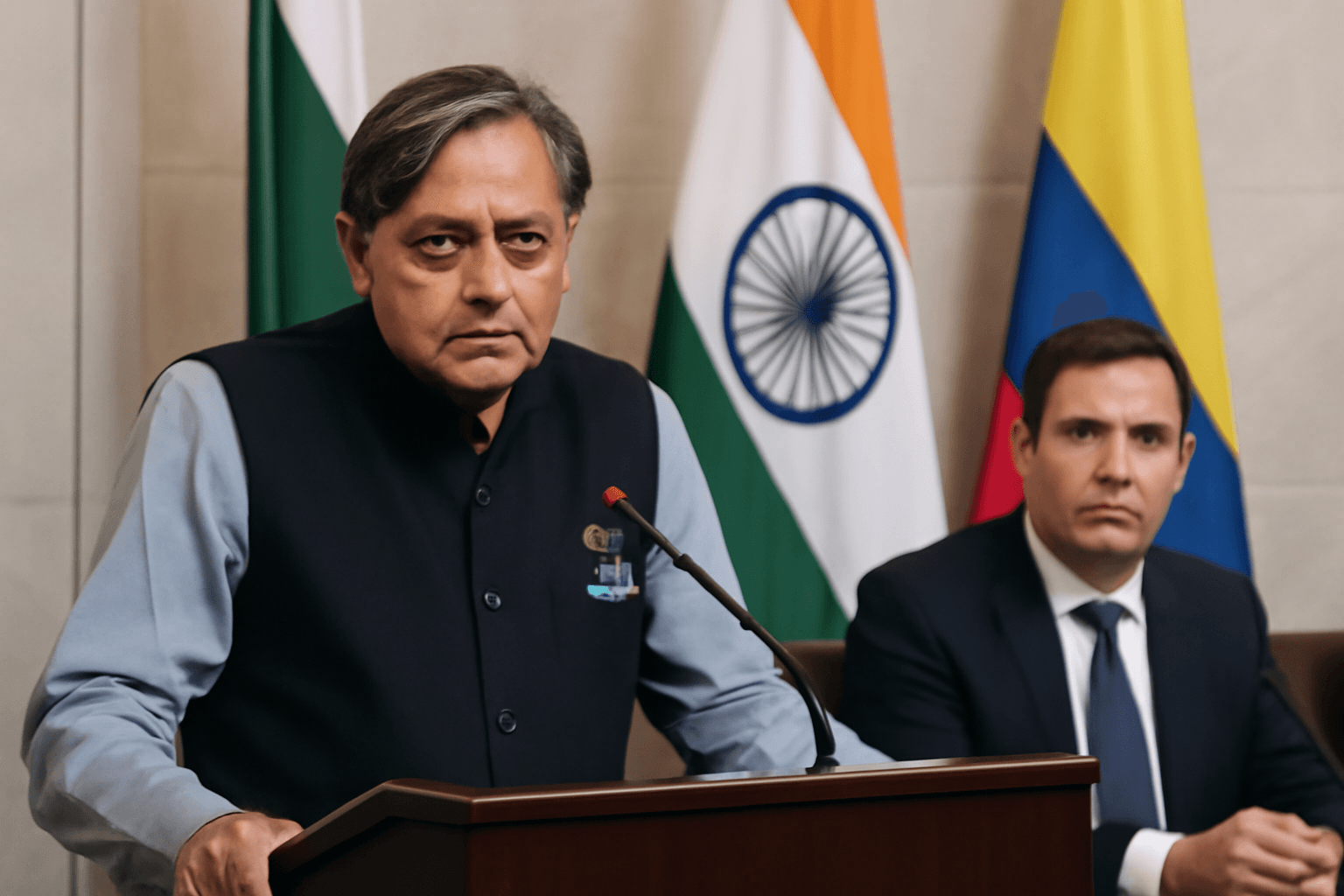Recent developments have raised concerns over the security of Baloch rights activists in Pakistan, following a new manifesto issued by the Islamic State's Khorasan Province (ISIS-K) that directly targets these activists. The document echoes narratives previously promoted by Pakistan’s Inter-Services Intelligence (ISI), suggesting a troubling link between the terror group and Pakistani state agencies.
Baloch civilians and activists, including notable figures such as Dr. Mahrang Baloch, have reportedly become targets of threats propagated by ISIS-K. The militant organization declared hostility against Baloch separatist groups like the Baloch Liberation Army (BLA) and Balochistan Liberation Front (BLF). However, sources within the Baloch rights movement indicate that ISIS-K is also specifically threatening civilians and political protesters, accusing them—without evidence—of contravening Islamic principles and associating them with militant factions.
The 117-page ISIS-K manifesto features images of significant Baloch and Pashtun activists, including Manzoor Pashteen of the Pashtun Tahafuz Movement, Bashir Zeb from the Baloch Liberation Army, and a faceless female figure. Dr. Mahrang Baloch, a prominent human rights advocate recognized internationally, including by TIME Magazine’s TIME100 Next list, was explicitly named and labeled a “Kafir,” indicating apostasy.
Insiders from the Baloch Yakjehti Committee have indicated the manifesto’s narrative mirrors the ISI’s longstanding strategy of branding peaceful activists as militant sympathizers, aiming to undermine their legitimacy. According to these sources, this alignment suggests possible coordination or influence by state intelligence in leveraging terrorist groups to intimidate and suppress dissent.
These developments have coincided with intensified repression against Baloch activists, including arrests, enforced disappearances, and harassment. Dr. Mahrang Baloch and several other leaders remain imprisoned under contentious circumstances. Family members of activists have also been targeted, exemplified by the forced disappearance of one activist's father as a coercion tactic.
The use of proxy terror groups like ISIS-K, according to human rights observers, could be a tactic by Pakistani state actors to deflect international criticism and obscure direct involvement in violating human rights. The threatening atmosphere and violent attacks, including a recent suicide bombing near a Balochistan National Party rally in Mastung, have compelled activists to cancel planned protests across Balochistan.
Further complicating the scenario, ongoing conflicts between ISIS-K and Baloch militant organizations have endangered civilians caught in the crossfire, exacerbating instability in the region. ISIS-K has accused groups like the BLA and BLF of killing dozens, although these groups have not claimed responsibility for violence against ISIS members.
In summary, the emerging pattern of ISIS-K threats aligned with ISI-like propaganda presents a grave challenge to the Baloch peaceful movement advocating for rights and accountability. The combination of terror threats and state repression has created a perilous environment for activism and civil protest in Pakistan’s Balochistan province.
Keywords: Baloch activism, ISIS-K, Pakistan ISI, human rights, terrorism, Balochistan protests

